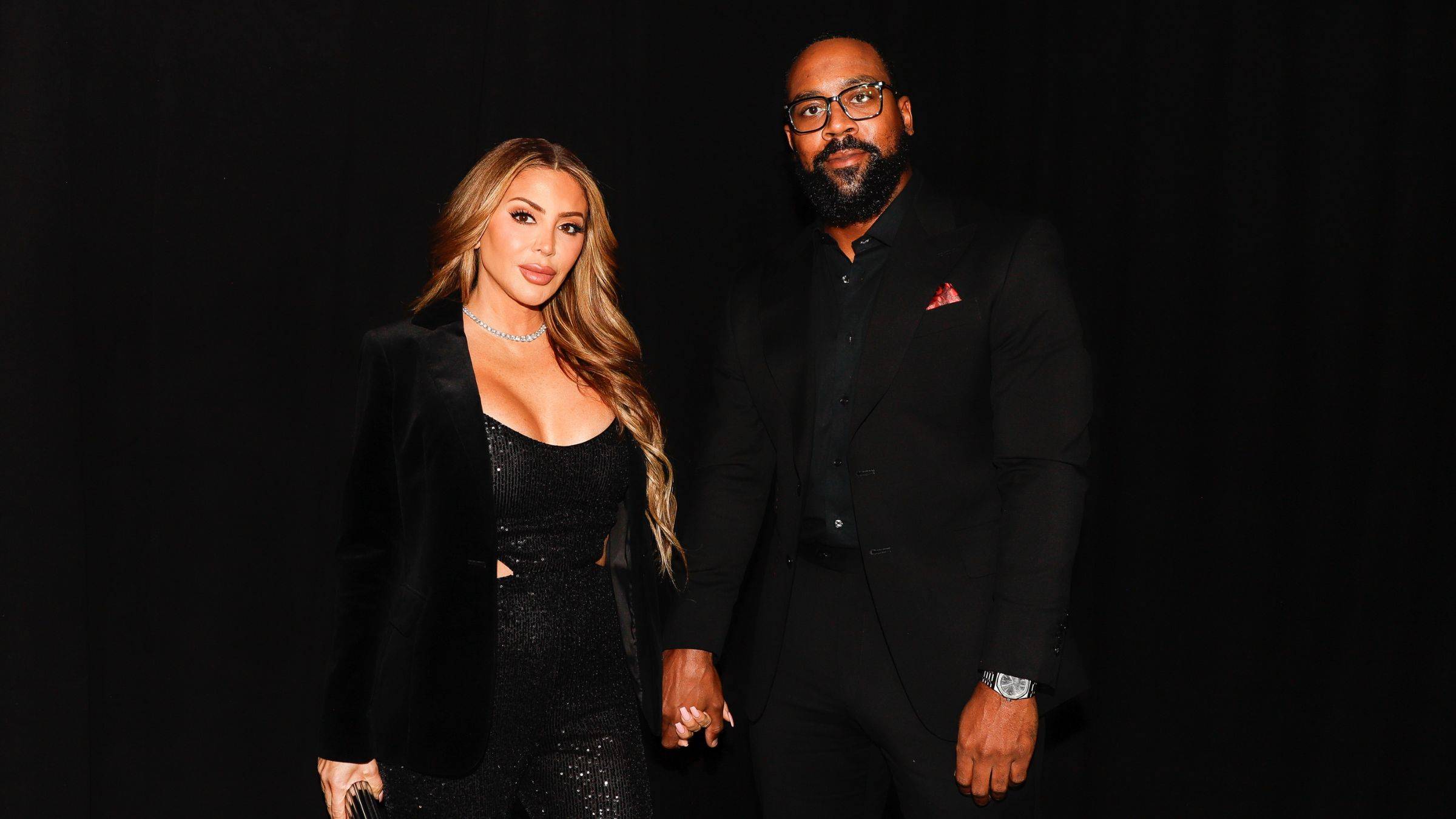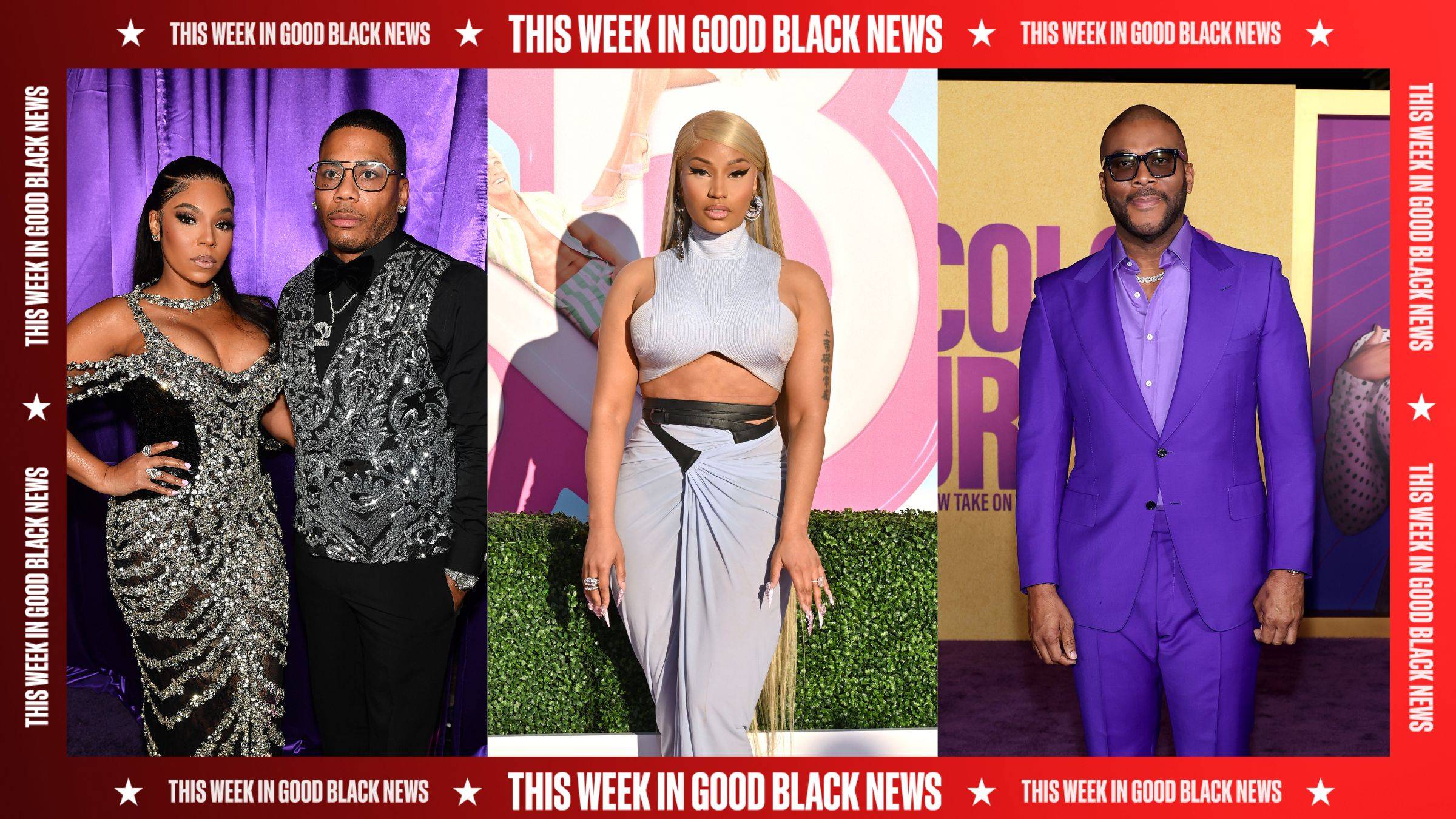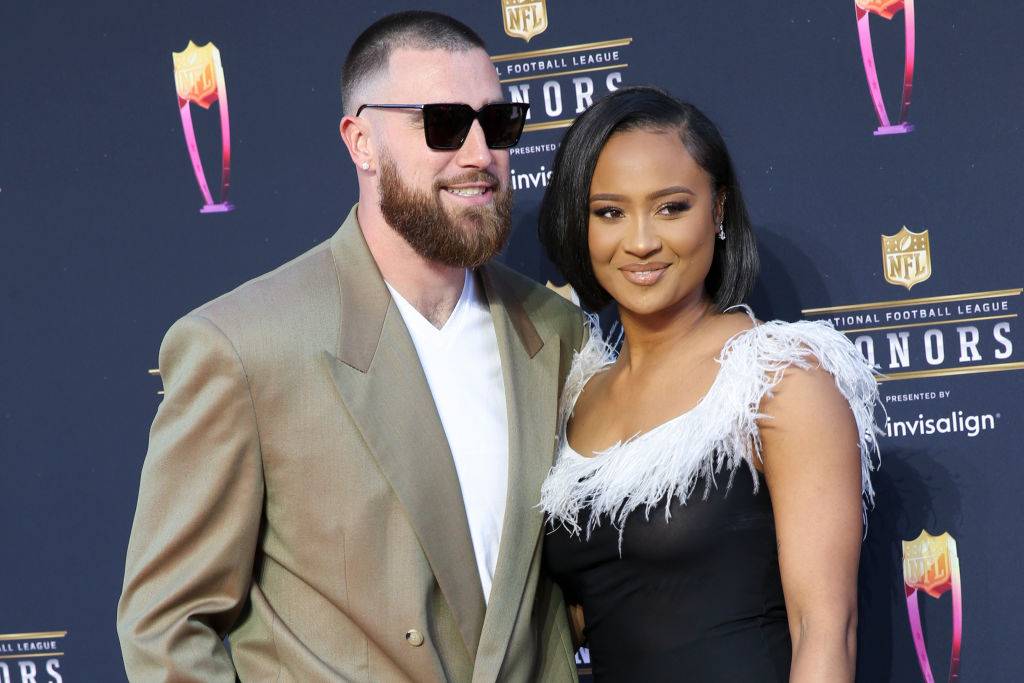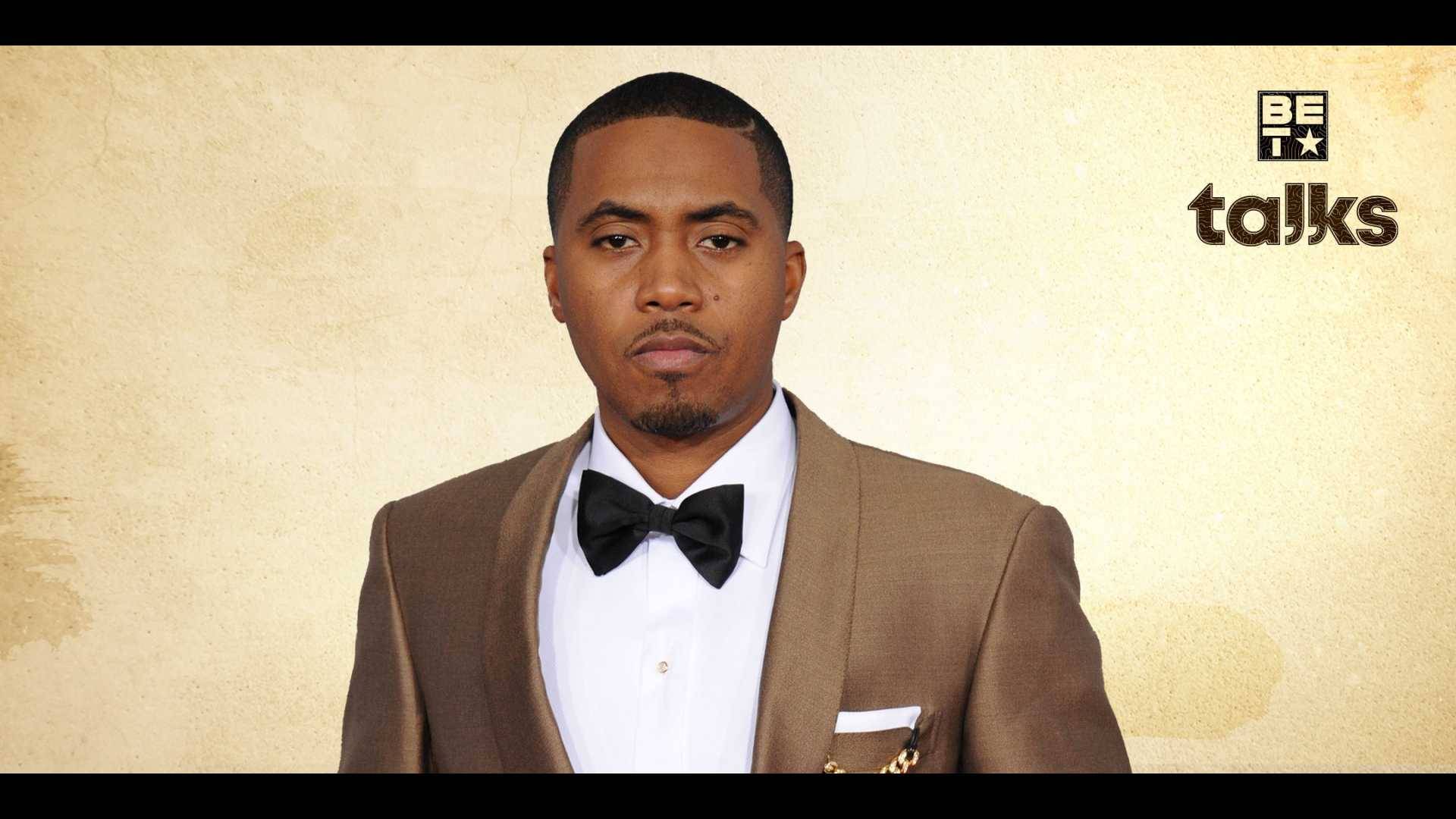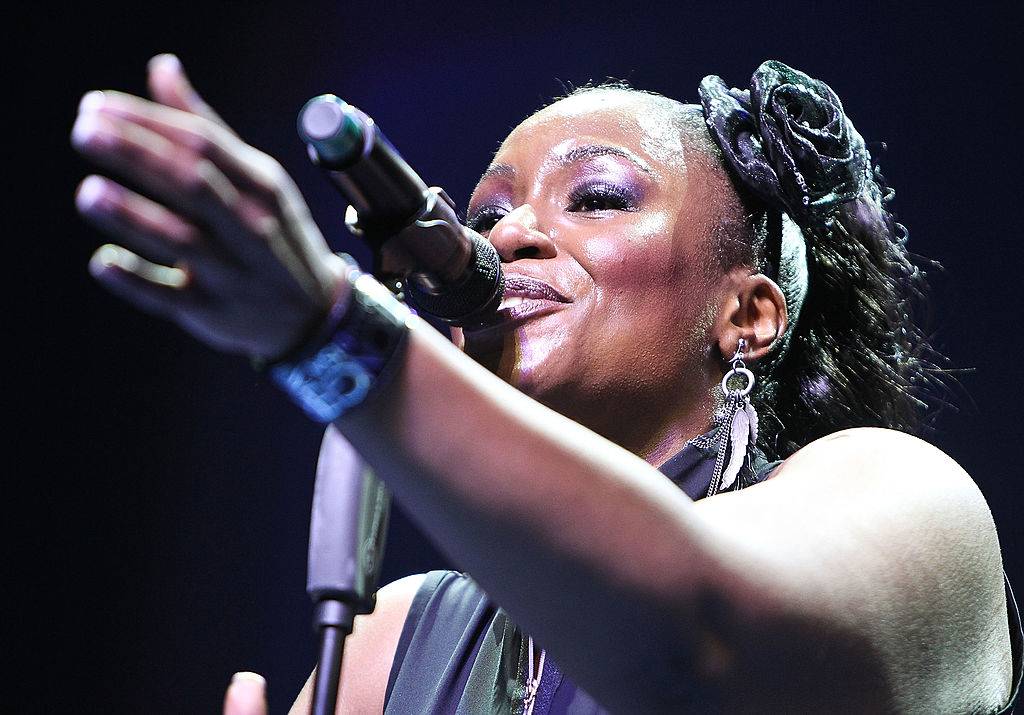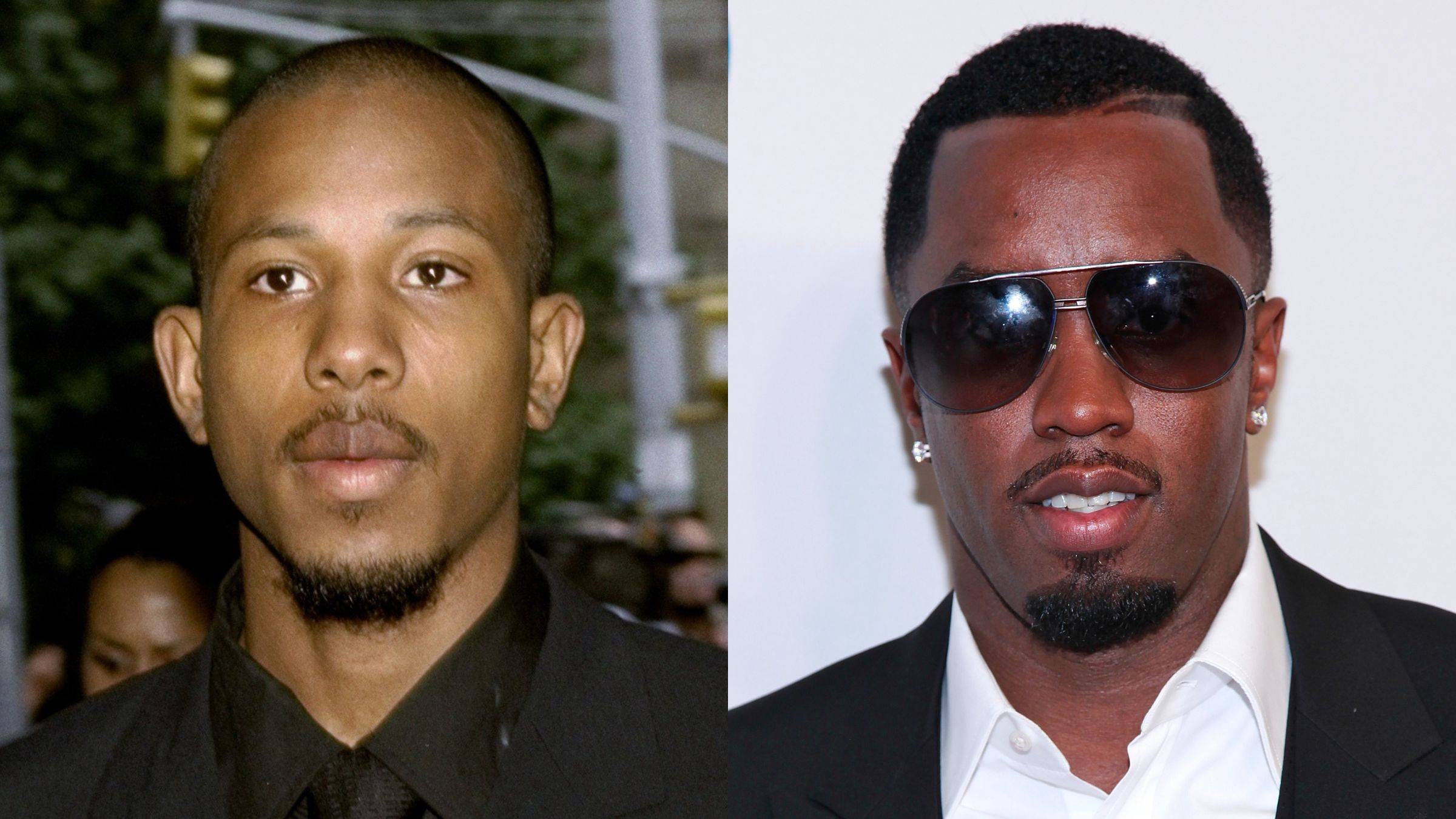Commentary: How It Helps America for Blacks to Go Green

Drake. Wiz Khalifa. Ludacris. Common. Cee Lo. The Black Eyed Peas. Actor Lamman Rucker — some of the most recognizable talents in the Black community share a commitment to protecting the planet.
Chances are, you hadn’t heard that Rucker serves on the board of Green for All; or that Ludacris and his mom, and Cee Lo Green and his sister both run foundations that educate kids about environmental issues. Within and outside of the Black community, the efforts of African-Americans from all walks of life to create healthy and safe neighborhoods and combat climate change often go unnoticed.
Calling ourselves “environmentalists” may not be the primary way we self-identify, but Black people overwhelmingly are green — and for good reason. We are on the front lines when it comes to pollution and climate change.
Consider this: Most African-Americans — 68 percent — live near polluting power plants linked to elevated rates of asthma, heart disease and premature death. In fact, one in six African-American kids suffers from asthma, compared with one in ten nationwide. That’s not an accident.
In the face of climate-related disasters like Hurricane Katrina and Superstorm Sandy, neighborhoods with the fewest resources have a harder time escaping, surviving and recovering. One study showed that African-Americans living in Los Angeles are more than twice as likely to die in a heat wave than other residents of the city, because they tend to live near “heat islands” created by dense concrete, lack of shade and limited access to air conditioning.
So when we talk about solutions to global warming and pollution, we’re talking about the health and safety of our neighborhoods.
Fortunately, you don’t have to be famous to make a difference.
Take a look at Brittany Stalworth. As a Green for All Ambassador at Howard University, Stalworth launched “Green Is the New Black,” an initiative that engaged college students in issues like environmental justice, food justice and green jobs.
In Washington, D.C., the Congressional Black Caucus continues to lead the way in protecting America’s clean air and water. In fact, the Black Caucus has one of the best environmental voting records in Congress and has championed efforts to create green jobs and protect communities from toxic pollution. And let’s not forget the president — the Obama administration has taken groundbreaking steps to fight climate change, like announcing new clean car standards that will cut carbon pollution. Meanwhile, Lisa Jackson, the first African-American head of the Environmental Protection Agency, enacted bold protections against mercury and other pollutants that have long threatened public health.
We’re hearing new voices join the chorus, too — our Rebuild the Dream song competition has led to some powerful new tracks, like “7 Billion” by artists Silent C and Invest.
Countless business leaders are part of the solution, too. Take a look at 23-year-old Aisha Dorsey. She started her own company in Baltimore helping protect homeowners and the environment from risks like asbestos and lead. Or Kareem Dale, a graduate of Morehouse College, who started a business that has helped thousands of low-income homes in Houston save energy — slashing global warming pollution in the process.
Even kids are joining the effort. One of the things that inspires me most is seeing young entrepreneurs finding innovative solutions — like the kids from the KI Eco Center in Indianapolis, who launched an initiative that uses rain barrels to save water, put people to work and prevent pollution.
As we celebrate Earth Day on April 22, I’m amazed and deeply inspired by all of the progress that’s being made to build a more sustainable future. Earth Day may not be the first day that comes to mind when you think of the Black community, but the simple truth is that African-Americans are leading some of the most innovative and effective efforts to save the planet — from campus initiatives to legislative victories.
It’s not just that communities of color have a lot to lose if we don’t take action on climate change; we have a lot to gain if we do.
For one thing, when it comes to creating good careers and fighting poverty, the green economy is a powerhouse. Green jobs pay more — about 13 percent more — than other jobs and they tend to require less formal education. That opens doors into the middle class. Fields like energy efficiency create local, high-wage jobs that can’t be shipped overseas. That represents tremendous opportunity for historically disadvantaged communities.
The challenges facing our planet are daunting. But we can solve them — in fact, we already are. Together, we can do even more to protect our air and water and build healthier, more prosperous communities. But we need your help.
To find out more about what you can do, and Earth Day events near you, visit Green for All.
Phaedra Ellis-Lamkins is CEO of Green for All, a national organization working to build an inclusive green economy.
The opinions expressed here do not necessarily reflect those of BET Networks.
BET National News - Keep up to date with breaking news stories from around the nation, including headlines from the hip hop and entertainment world. Click here to subscribe to our newsletter.
Get ready for the BET Experience, featuring Beyoncé, Snoop Dogg, R. Kelly, Erykah Badu, Kendrick Lamar and many more. Go here for more details and info on how to buy tickets.
(Photo: Ariel Skelley/Getty Images)
